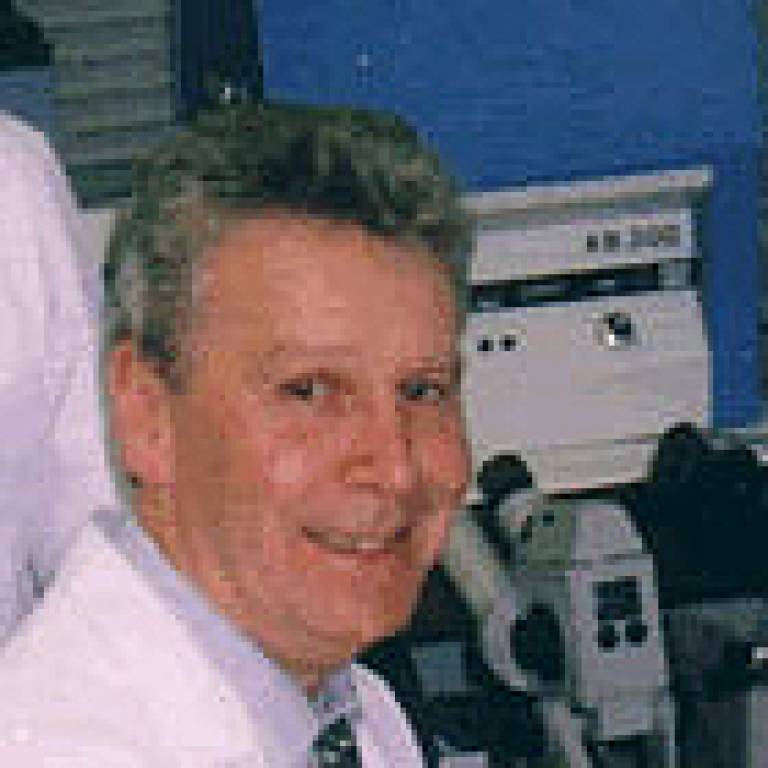UCL professor to advise Italian health service on fertility technologies
11 December 2006
Professor Barry Fuller (UCL Surgery) has been invited to act as a senior advisor on reproductive cryobiology to the National Health Institute of Italy, Rome.

Professor Fuller will be working on the National Project of Oocyte Cryopreservation, which aims to refine and improve the methods used to freeze unfertilised female gametes - reproductive cells - for fertility treatments.
To date, this approach has only been marginally successful. However, it has become a more attractive option in the past two years since an Italian law proscribed the storage of embryos and new technologies have been developed.
"In clinical infertility treatment, cryopreservation (long-term storage at deep subzero temperatures) has become an accepted part of the protocol to store excess embryos for a later second treatment or, if the first attempts at pregnancy do not succeed," explained Professor Fuller. "This ability to have a 'reserve' opportunity has increased the overall success rate of IVF.
"However, there are ethical and legal issues surrounding storage of embryos, depending upon individual moral and religious viewpoints. Storing the unfertilised female gamete (the oocyte) bypasses many of these. It is an exciting prospect to be asked to join the consortium and share the new information in applied cryobiology."
Professor Fuller's new role follows three years advising the Centre for Reproductive Health in Bologna and the University of Bologna on oocyte preservation. He is also a professor in the UNESCO Chair in Cryobiology based at the Academy of Sciences in the Ukraine and is involved in collaborative cryobiology UNESCO projects headquartered at the University of Rosario in Argentina.
The National Project of Oocyte Cryopreservation is designed to promote technological advances in this field and to move them into clinical application. It will involve a number of research centres across Italy, and is expected to run for up to three years.
Image: Professor Barry Fuller
 Close
Close

